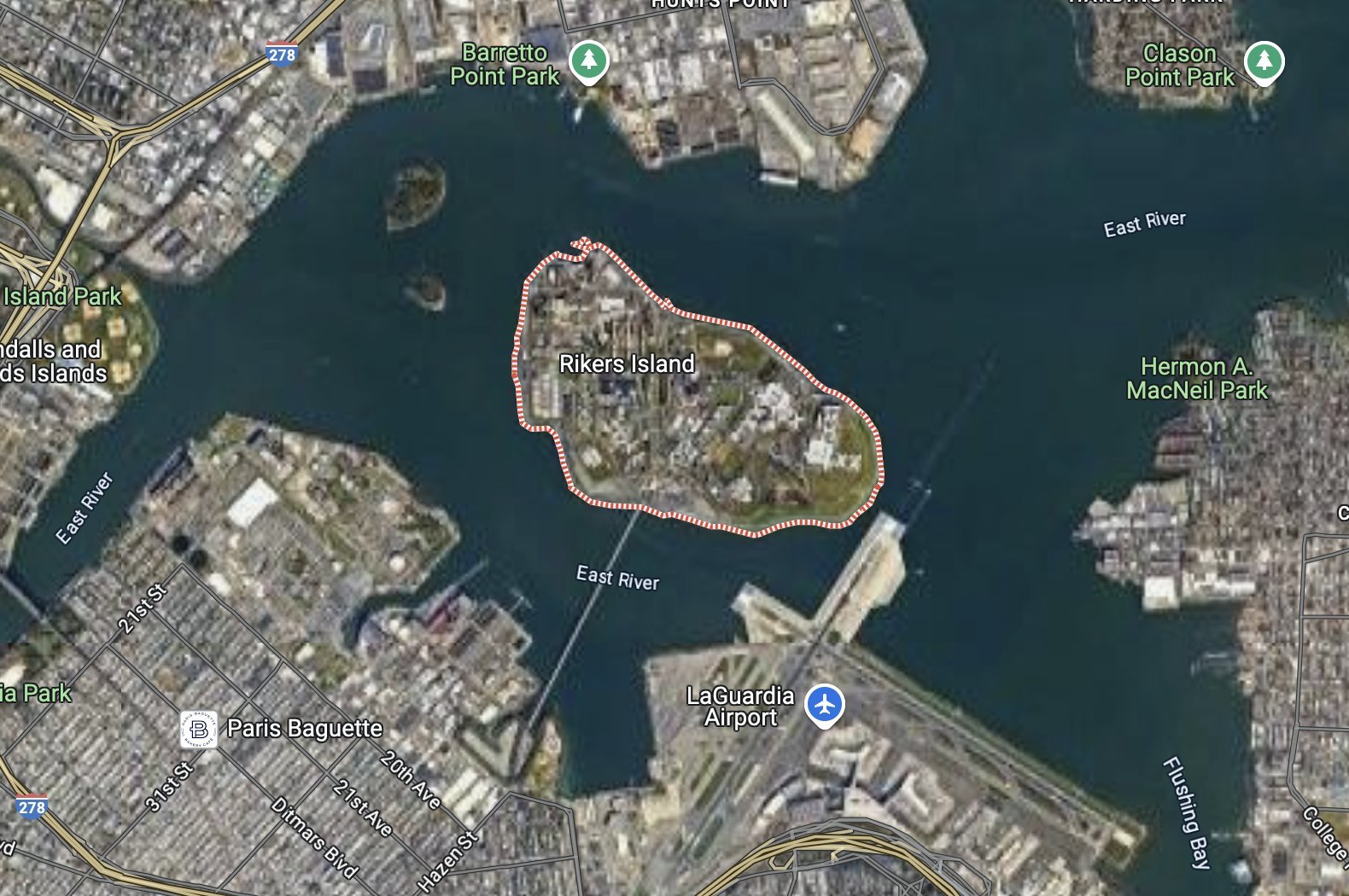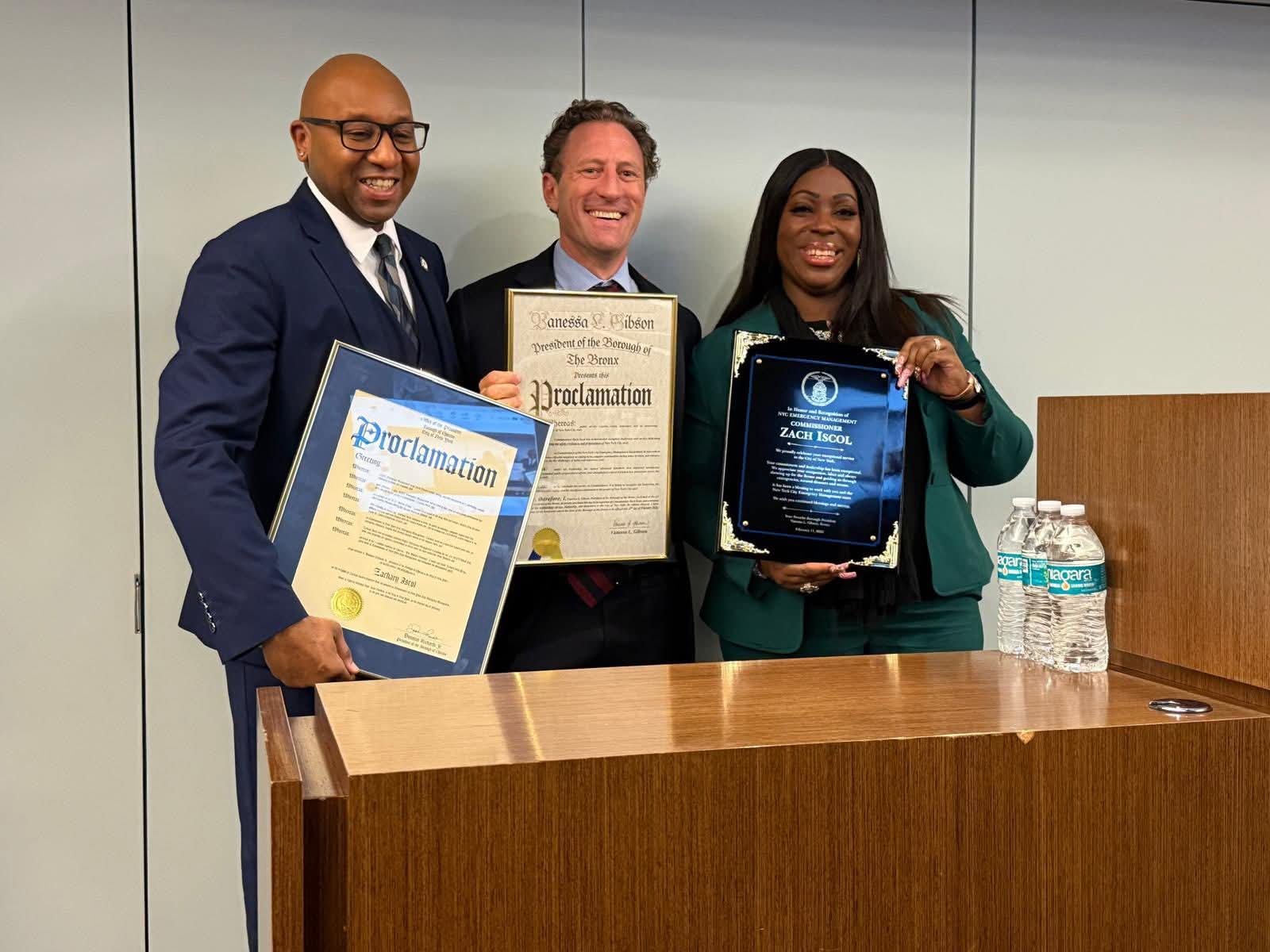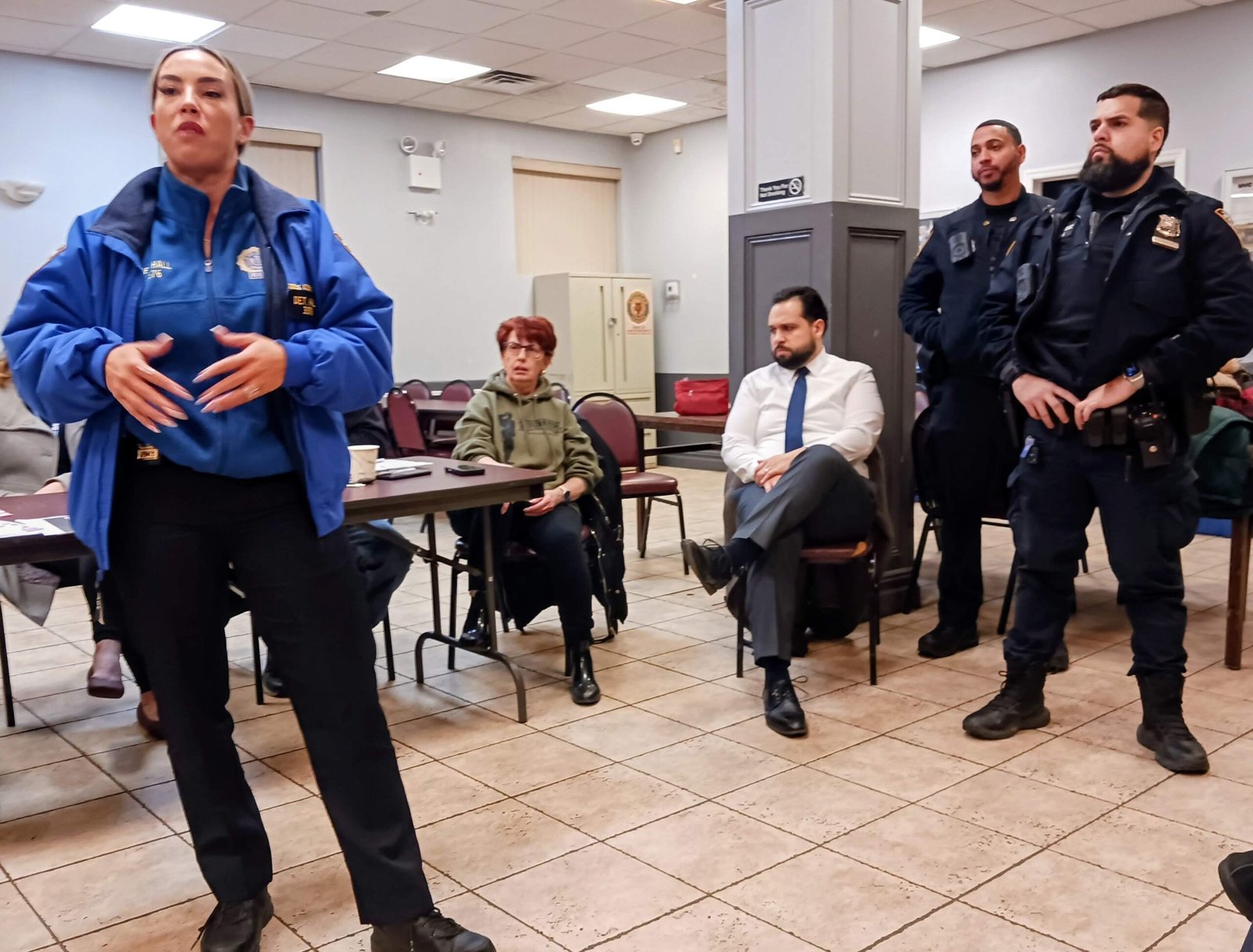
In a decisive move to reform the justice system in New York City, state court officials have rolled out an ambitious plan aimed at accelerating the resolution of felony cases.
This initiative is seen as a crucial step to reduce the jail population before the impending closure of the notorious Rikers Island facility.
The strategy emphasizes the importance of resolving disputes over critical evidence well before trials commence. This proactive approach aims to prevent defendants from enduring prolonged waits—sometimes extending to years—for their day in court.
Last year, prosecutors filed approximately 290,000 cases in the NYC criminal courts. Remarkably, over 97% of these cases reached resolutions without going to trial. However, the minority that do proceed to trial often face significant delays. Of the 16,234 individuals released from the city’s jail system last year, around 1,500—equating to 9%—had been detained for over a year. Particularly concerning are the 243 cases, frequently involving murder charges, which dragged on for more than three years.
With the legal mandate requiring Rikers Island to shut down by 2027, this overhaul is timely. The notorious jail will be replaced by four smaller facilities across the boroughs, though construction delays have affected two of these sites.
Under the new plan, judges will establish a timeline at the outset of each case to guarantee early disclosure of key evidence and ensure that both prosecution and defense lawyers meet critical deadlines. Additionally, city judges are tasked with holding regular conferences to resolve evidence-related disputes, avoiding last-minute rushes just before trials. To further streamline the process, dedicated teams of attorneys will focus on resolving issues during the latter stages, supported by a citywide calendar system intended to minimize canceled hearings and conferences.
This innovative strategy is set to debut in Brooklyn this fall, marking a significant shift in how New York City approaches its criminal justice system.









